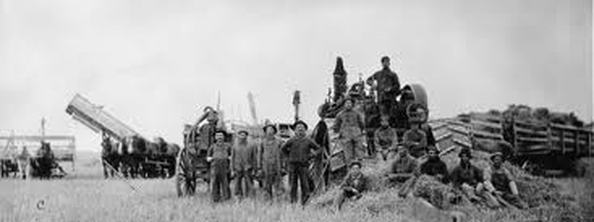

McGovern’s popular image these days is as the avatar of a bunch of deluded leftists who seized the Democratic nomination, ran a far-too-left-wing race, and paid the price. George McGovern has long been known as the man who got steamrollered by Richard Nixon in the 1972 presidential election-the fourth-worst loss by popular vote in American history.

McGovern’s foreign-policy ideas not only offered a critique of an earlier era of hawkish liberalism they also provide an excellent foundation for a badly needed new approach by the American left. One perspective worth dusting off in this context is that of George McGovern, who is the subject of a new biography by Thomas J. The party’s conservatives and moderates remain in thrall to a liberal internationalism that has, at times, not looked much different from Republican hawkishness, while its left wing-still marginalized after decades out of power-has failed to put forward a compelling alternative.

In detailing his opposition to that expanding conflict, Knock not only shows how McGovern emerged as a national leader, but also demonstrates the relevance of his vision to the challenges our nation faces today.The Democrats’ majority support for Trump’s cruise-missile strike is emblematic of just how at sea they are in terms of foreign policy. After serving two terms in the House of Representatives and as Director of Food for Peace in the Kennedy administration, in 1962 McGovern won a seat in the United States Senate, where he emerged as a prescient critic of America's descent into the Vietnam War. in history and then the college classroom before he settled upon a career in politics. Upon returning home, he embarked on a path that took him from the ministry to a Ph.D. Knock describes McGovern's transformation from a shy young boy into a confident debater who, after America went to war in 1941, volunteered for service in the Army Air Corps as a B-24 bomber pilot and flew 35 combat missions over Germany and Austria. In Rise of a Prairie Statesman: The Life and Times of George McGovern (Princeton UP, 2016), the first in a projected two-volume biography of the senator and Democratic Party presidential nominee, Thomas Knock chronicles McGovern's life and career from his Depression-era upbringing in South Dakota to his 1968 reelection campaign and emergence as a presidential contender. George McGovern is largely remembered today for his dramatic loss to Richard Nixon in the 1972 presidential campaign, yet he enjoyed a long career characterized by many remarkable achievements.


 0 kommentar(er)
0 kommentar(er)
